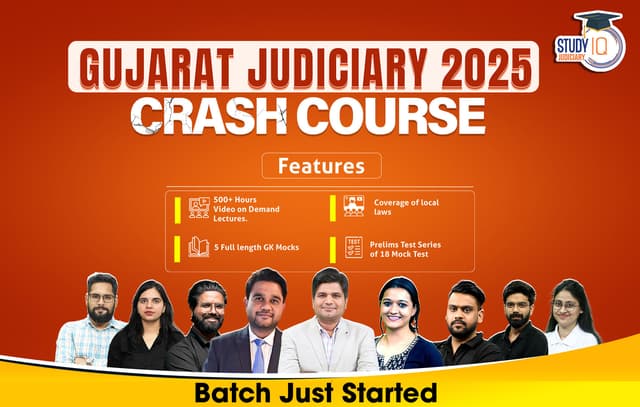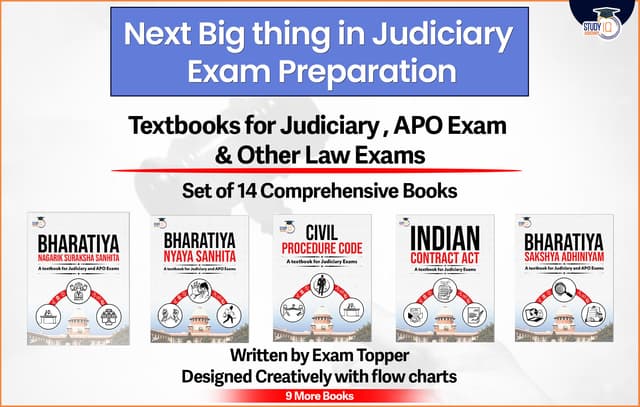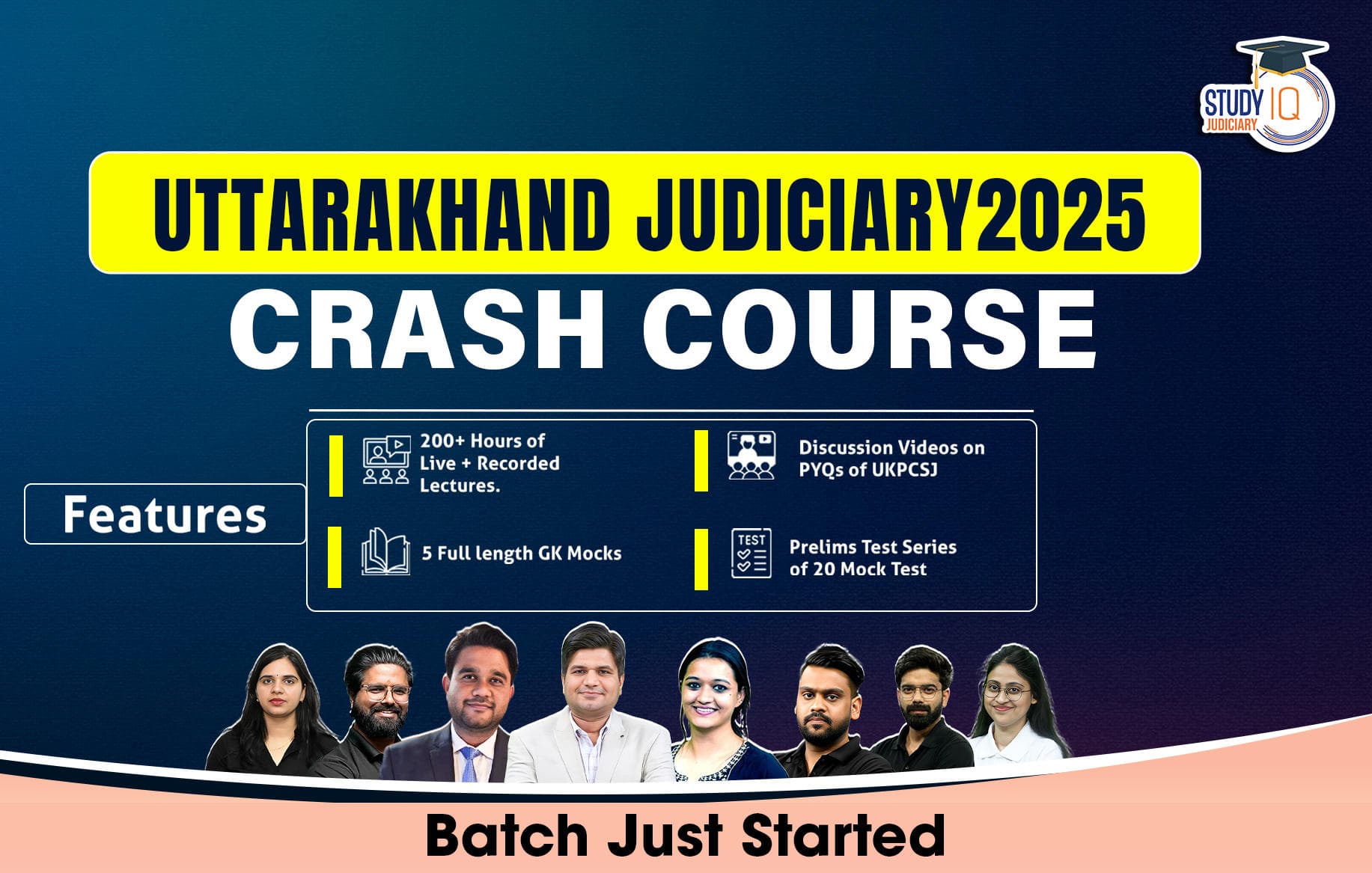Table of Contents
Context: In response to assertions regarding the ‘supremacy‘ of Parliament over the Judiciary, Chief Justice of India (CJI) Bhushan Gavai clarified the controversy on 18th May, 2025, emphasizing that neither the judiciary nor the executive holds supremacy; rather, it is the Constitution of the country that is paramount, necessitating cooperation among its foundational pillars.
What is Constitutional Morality?
- The Indian Constitution, enacted in 1950, serves as the paramount governing document, establishing the basis for the nation’s legal and political structure.
- The doctrine of constitutional supremacy guarantees that all legislation and governmental activities align with the Constitution, embodying its ideals and objectives.
- The responsibility falls upon the Indian judicial system to manage the complications of upholding constitutional integrity.
What are the Constitutional Provisions that Uphold Constitutional Supremacy?
- The primacy of the Constitution is established through several essential provisions.
- Article 13 stipulates that any law that contradicts or undermines fundamental rights should be null and void, affirming the supremacy of fundamental rights.
- Article 32 grants individuals the right to petition the Supreme Court for the enforcement of fundamental rights, highlighting the judiciary’s function in maintaining constitutional supremacy.
- The Basic Structure Doctrine, developed through judicial interpretation, posits that certain essential elements of the Constitution are immutable, even by constitutional amendment.
What is the Doctrine of Basis Structure?
- The Basic Structure Doctrine is fundamental to judicial interpretation in India.
- This doctrine, derived from the Kesavananda Bharati case, asserts that some essential elements of the Constitution, including the rule of law, separation of powers, and judicial review, are inviolable.
- This theory has been crucial in various cases, protecting the Constitution from amendments that could change its basic structure.
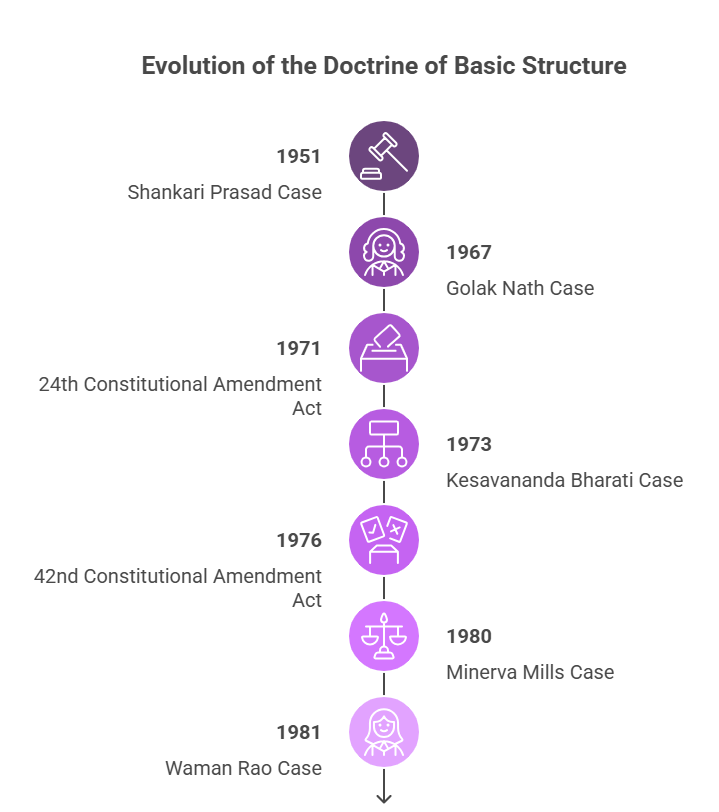
Newly Appointed CJI on Constitutional Supremacy
- Chief Justice of India Bhushan Ramkrishna Gavai asserted that neither the Judiciary nor the Executive has supremacy, but rather the Constitution of India, and its foundational elements must collaborate harmoniously.
- The Judiciary, Legislature, and Executive constitute the three equal pillars of democracy. Each organ of the Constitution must reciprocate and demonstrate respect for other institutions.
- The statement follows closely after President Droupadi Murmu submitted a 14-point Presidential Reference to the Supreme Court inquiring if the court can “impose” timetables and dictate the behaviour of Governors and the President on state bills submitted for assent or reserved for review.
- The Centre accused the Supreme Court of encroaching upon the executive realm.
- Justice Gavai, who was sworn in as the 52nd Chief Justice of India, addressed a felicitation event organised by the Bar Council of Maharashtra and Goa.
- Justice Gavai stated that the fundamental structure is robust, and all three branches of the Constitution are equal. He stated that all branches of the Constitution must reciprocate and accord proper respect to one another.
- The Parliament possesses the authority to amend the Constitution; nevertheless, it is prohibited from altering the “basic structure,“ he stated.
- The basic structure doctrine asserts that certain essential elements of the Constitution, including its supremacy, the rule of law, and judicial independence, are immutable and cannot be altered or revoked by Parliament via constitutional amendment.
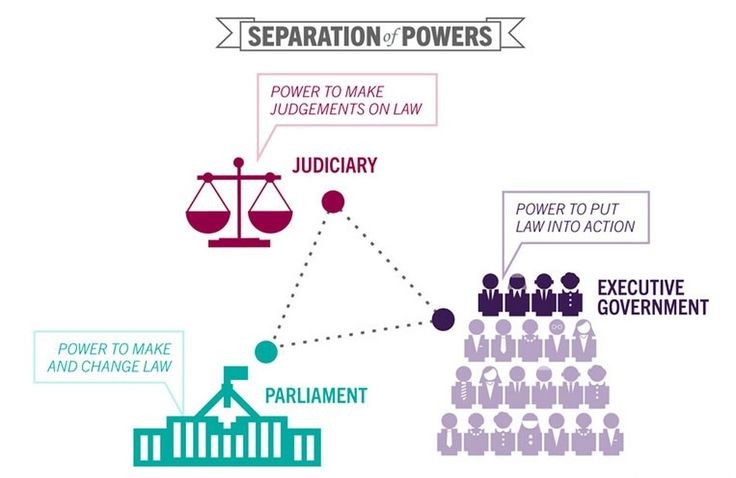
Right to Shelter is a Fundamental Right: Chief Justice Gavai on Bulldozer Justice
- The recent Presidential Reference engaged the Supreme Court’s advisory jurisdiction under Article 143 (1) of the Constitution to ascertain if deadlines can be established.
- The President’s action originated from a May 8 ruling by a Supreme Court panel comprising Justices J B Pardiwala and R Mahadevan, regarding a petition by the Tamil Nadu government contesting the governor’s procrastination in approving measures re-passed by the legislature and his decision to reserve them for the President’s review.
- In April, prior to his elevation as Chief Justice of India, Justice Gavai remarked that the judiciary is accused of infringing upon the functions of the legislature and executive. The executive questioned perceived judicial overreach during the consideration of a case about violence in West Bengal.
- CJI Gavai expressed his satisfaction that the nation has not only fortified but also advanced in terms of social and economic justice. In reference to his ruling against ‘bulldozer justice‘, he stressed that the right to shelter is paramount.
- “The right to shelter is a fundamental right.” A legally occupied family residence cannot be vacated or demolished, regardless of whether an individual is suspected of a crime or convicted. The rule of law must be adhered to.

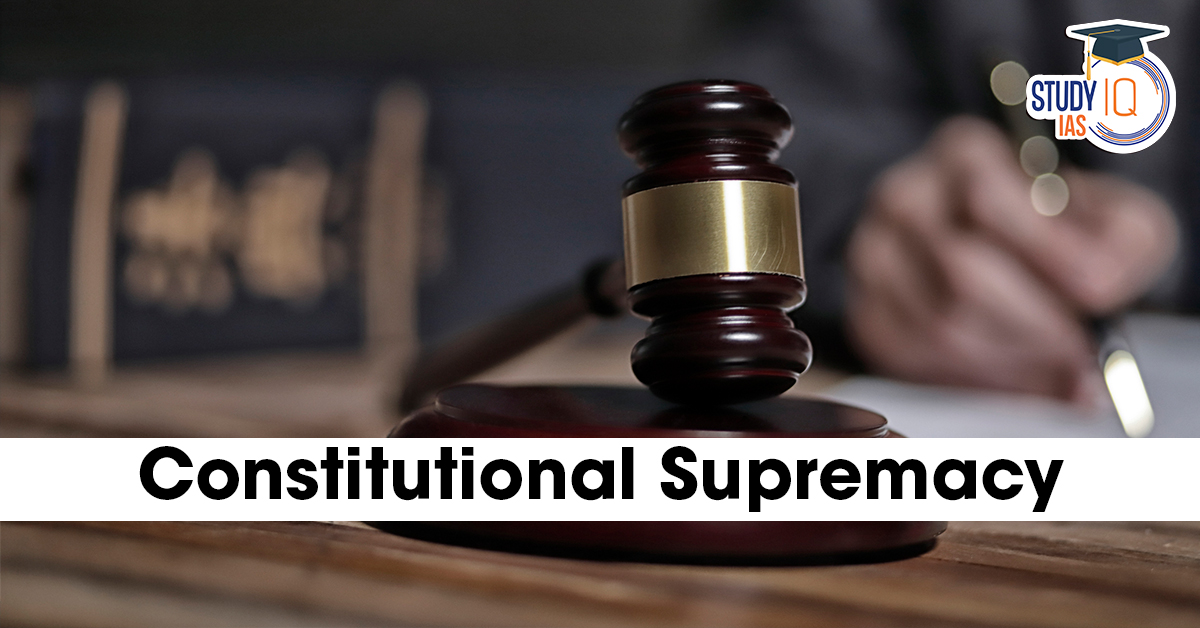
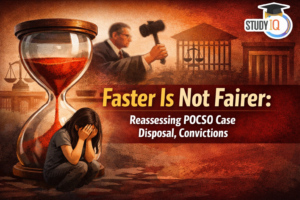 Faster Is Not Fairer: Reassessing POCSO ...
Faster Is Not Fairer: Reassessing POCSO ...
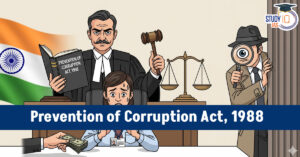 Prevention of Corruption Act, 1988: Evol...
Prevention of Corruption Act, 1988: Evol...
 The Securities Markets Code, 2025: Conso...
The Securities Markets Code, 2025: Conso...





